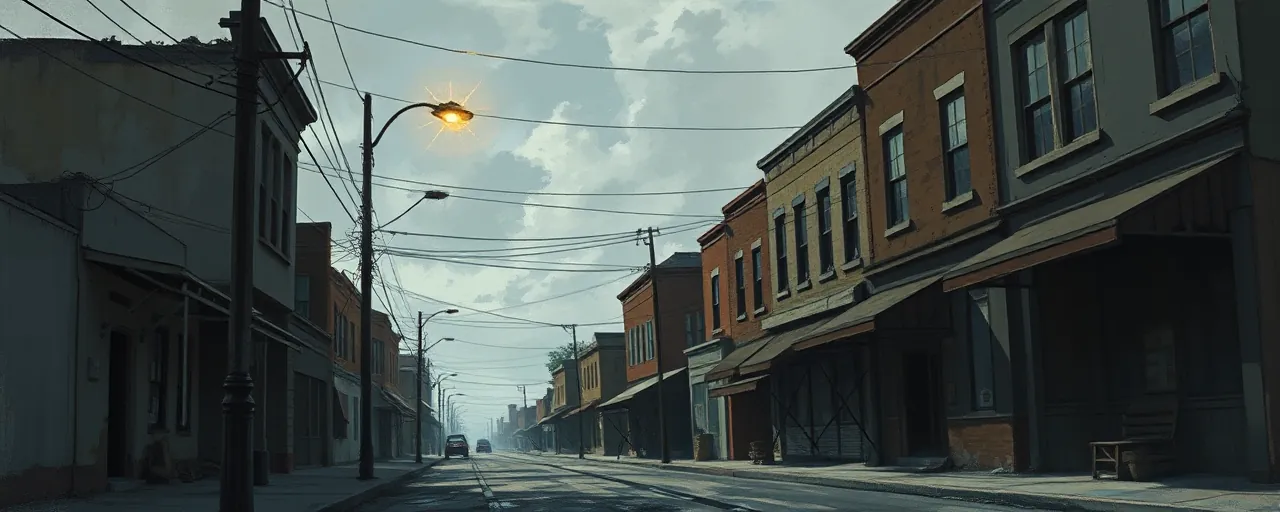A Guilty Plea, A Grim Reality
Jose Alberto Camarena Rocha, a 31-year-old Mexican national, just admitted to flooding West Virginia’s Eastern Panhandle with cocaine, heroin, and fentanyl. His guilty plea in a Martinsburg courtroom lays bare a chilling truth: the Sinaloa Cartel, one of Mexico’s most ruthless criminal enterprises, has its claws deep in America’s heartland. Rocha’s confession to conspiracy charges, tied to moving at least a kilogram of heroin, isn’t just a legal footnote. It’s a wake-up call. Our communities are under siege by foreign cartels exploiting weak borders and lax enforcement, and the body count is rising.
This isn’t about one man’s crime; it’s about a system that’s let drug traffickers run rampant for too long. Rocha, operating out of California, used his cartel connections to pump poison into Berkeley and Jefferson Counties, leaving devastation in his wake. Fentanyl, the deadliest player in this grim game, accounted for 76% of West Virginia’s overdose deaths in 2021. That’s not a statistic; it’s a tragedy. Every dose sold by Rocha and his ilk is a potential death sentence for our neighbors, our kids, our future. The question isn’t whether we can afford to act. It’s whether we can afford not to.
The Cartel’s Long Reach
The Sinaloa Cartel isn’t some distant boogeyman. It’s a sophisticated, adaptive machine that’s been outsmarting law enforcement for decades. From its founding in the 1960s, it’s grown into a global powerhouse, trafficking everything from marijuana to fentanyl. Recent busts in California’s Imperial Valley netted thousands of pounds of methamphetamine and enough fentanyl to kill millions, all linked to Sinaloa’s networks. They use drones, cryptocurrency, even maritime routes through South Korea to keep the drugs flowing. And now, they’re targeting small-town America, places like Martinsburg, where addiction has already gutted families.
Some argue we should focus on treatment, not enforcement, claiming the war on drugs is unwinnable. They’re wrong. Addiction demands compassion, but letting cartels operate with impunity isn’t mercy; it’s surrender. Operation Take Back America, launched by the Department of Justice, gets it right: hit the traffickers hard, disrupt their supply chains, and lock up those who profit from misery. Rocha faces at least 10 years, possibly life, for his crimes. That’s a start, but it’s not enough. The cartel’s leaders are still out there, and they’re laughing at our half-measures.
Borders, Not Excuses
Here’s the hard truth: none of this happens without porous borders. Rocha, illegally reentering the U.S., didn’t sneak in alone; he brought a pipeline of death with him. Transnational criminal organizations thrive because they exploit our failure to secure the southern border. The Sinaloa Cartel and others smuggle drugs, people, and weapons with ease, using everything from tunnels to couriers. In 2021, West Virginia’s overdose crisis was fueled by fentanyl and methamphetamine, much of it traced to Mexico. If we don’t stop the flow at its source, we’re just mopping the floor during a flood.
Advocates for open borders claim enforcement is cruel, that we should welcome all comers and focus on rehabilitation. That’s a fantasy. Compassion doesn’t mean ignoring reality. Every unsecured mile of border is an invitation to cartels, and every drug bust like Rocha’s proves it. Operation Take Back America is a step forward, uniting agencies from the FBI to local sheriffs to dismantle these networks. But without a fortified border, it’s like fighting with one hand tied. We need walls, technology, and resolve to choke off the cartels’ lifeline.
A Call to Arms
Rocha’s guilty plea is a victory, but it’s a small one in a war we’re not yet winning. The Sinaloa Cartel and its counterparts aren’t slowing down; they’re innovating, finding new ways to poison our communities. West Virginia’s streets are a battleground, and the stakes couldn’t be higher. Fentanyl’s rise has turned overdoses into a public health catastrophe, and methamphetamine’s resurgence is making things worse. We can’t negotiate with cartels or reason with addiction. We need action: tougher sentences, aggressive enforcement, and a border that actually works.
This fight isn’t just for law enforcement; it’s for every American who believes in safe streets and strong communities. Operation Take Back America shows what’s possible when we stop making excuses and start making arrests. Let’s build on it. Demand accountability from policymakers, support our agents on the ground, and send a message to the cartels: your time is up. West Virginia’s plea deals and prison sentences are a warning shot. It’s time to load the cannon and fire.
